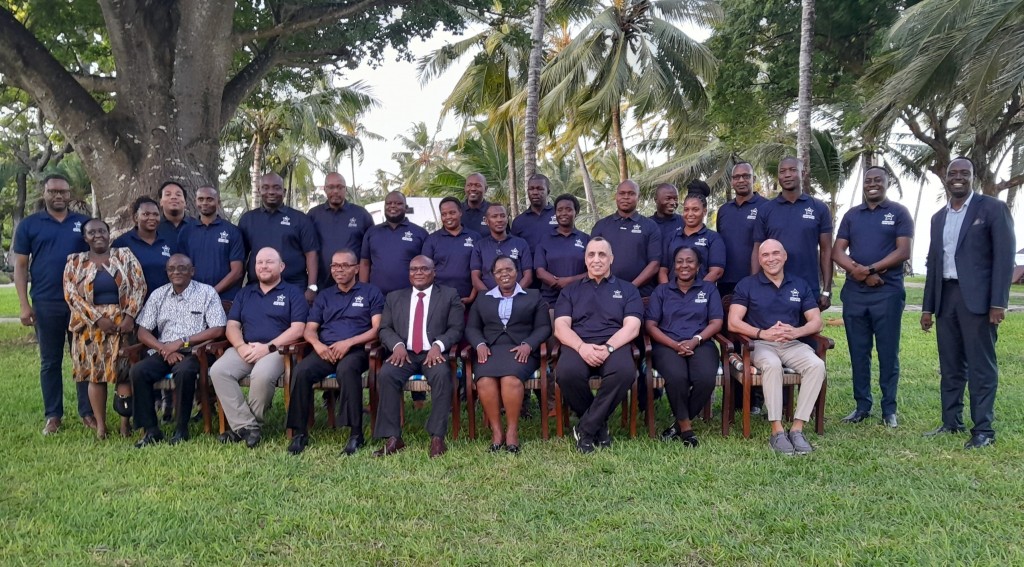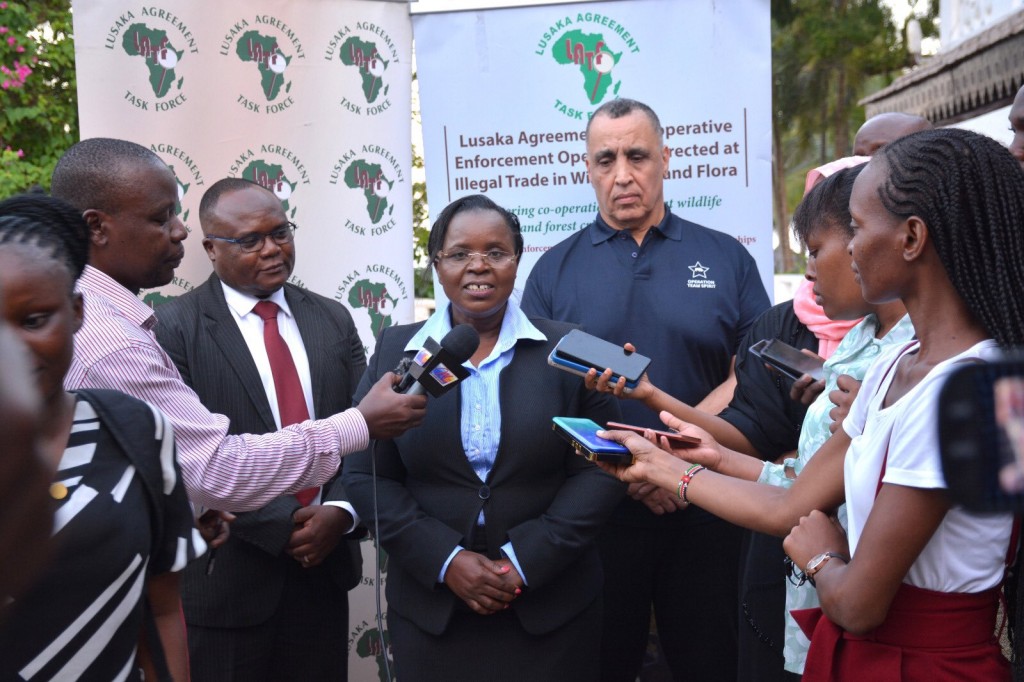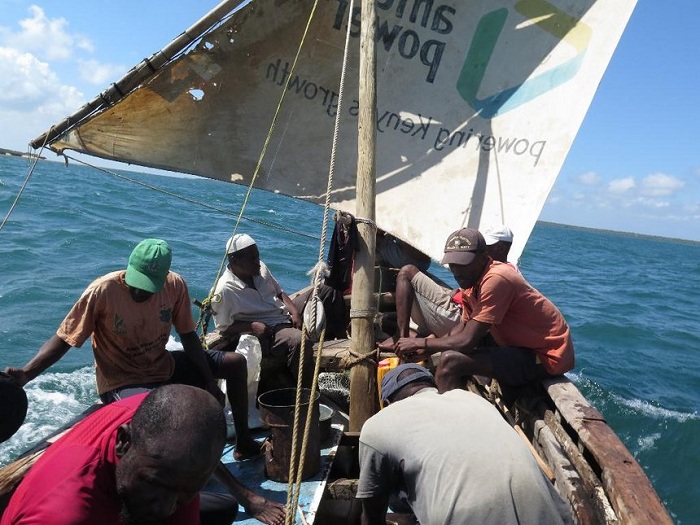Law enforcement agencies in Kenya, Uganda and Tanzania will now be able to do controlled investigations while handling wildlife crime-related cases.
This is following a ‘Controlled Delivery’ investigation training organized by Grace Farms Foundation in partnership with Lusaka Agreement Taskforce that is currently going on in Mombasa.
Speaking on Monday during the training, Rod Khattabi, Chief Accountability Officer at Grace Farms Foundation, Controlled delivery investigations will ensure that not only low-level poachers are arrested but also high-level officials involved in wildlife trafficking.
“We do training on how to do an investigation in real-time, so we are hiring role players, renting houses and cars, and we are working on a very realistic scenario. Training is on how to investigate, get search warrants done, get arrest warrants, build probable cause and evidence,” said Khattabi.
The former US Special Agent with the Department of Homeland Security said they chose the three countries because they border each other.
“It is really gratifying to see how receptive the three governments are. A lot of investigators that we encountered have never done controlled delivery, and it is good to show what we can do with this type of investigative tool,” said Khattabi.
Edward Phiri, Director at Lusaka Agreement Taskforce, says this type of investigation aims at trying to understand the entire supply chain as investigations in illegal wildlife trade are carried out.

“Basically what these trainings have been focused on was trying to fuse financial investigations in the investigations of wildlife crime and this is the reason we are bringing in different enforcement teams to bring in their experiences in the fight against wildlife crime,” said Phiri.
He added the training will give the participants hands-on experience and also help them do follow-ups on seaport and airport wildlife seizures.
According to Wesley Gold, CEO of Okoa Mali Asili, an NGO based in Tanzania, dealing with funders of poaching was one of the ways to combat it.
“Symptomatic treatment of poaching is to go for the poachers. Very often they are a symptom of the poaching, not the problem itself. That is why training like the one we are conducting here today aims at targeting people way higher than poachers,” said Gold.

The five-day training was opened on Monday by Tourism Cabinet Secretary Peninah Malonza.
CS Malonza said the training brought together the three East African Community Countries in the area of security that touches wildlife that touches wildlife.
“This workshop is important to us as it will help in curbing trans-border smuggling of wildlife-related items, moreso to combat wildlife crimes that we have in these countries,” said the Tourism CS.
Malonza added that the Government of Kenya was committed to developing global partnerships to support wildlife conservation and wildlife crime prevention for sustainable development.
Controlled delivery, as defined by the United Nations Office on Drugs and Crime, refers to the practice of allowing illegal or suspicious consignments to cross into a territory, or into or out of a state, under the knowledge and supervision of authorities, for the purpose of investigating a crime and identifying those involved.
Rob Khattabi says that in the future they will include judges as part of the whole training.
“In this training, we have two prosecutors, we are bringing in investigators and prosecutors in such pieces of training like the controlled deliveries and other specialized training and put them together understand each other and be able to work together,” said Khattabi.













